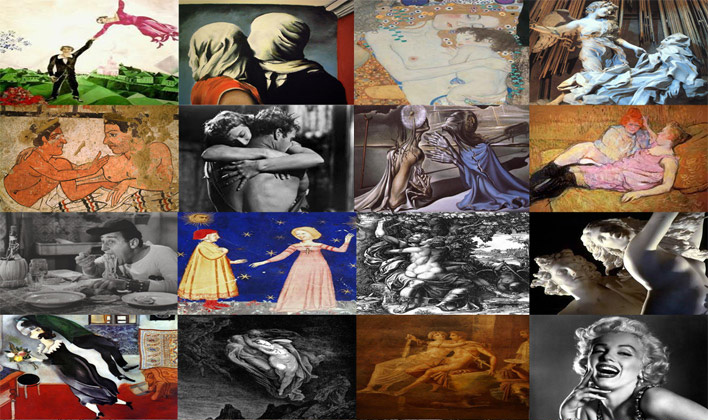Freud's literary Theory
Abstract
From the moment in which the neurotic symptom appears as an imaginary disguise for the psychic trauma, literature becomes for Freud the ideal object of analysis in order to rebuild the experiences of the unconscious mind. Since both are regulated by the imaginative function of the mind, symptom and literature alike, can be described as symbolic and discursive constructs of the instinctual drive (pulsional), but with one essential difference: the symptom (and the dream, the lapsus, the witz) is, above all, an expression of the individual unconscious, while literature expresses the social unconscious; the door between one dimension and the other being in a state of constant fluidity.Downloads
References
Asor Rosa, Alberto (ed.), Letteratura italiana. L’interpretazione, Torino, Einaudi, 1985: 549-587, IV.
Abelardo ed Eloisa, Lettere, Ed. Nada Cappelletti Truci, Torino, Einaudi, 1979,
Abelardi, Petri, Opera theologica, IV, Scito te ipsum, Ed. R.M. Ilgner, Turnhout, Brepols, 2001.
Baudelaire, Charles, Oeuvres complètes, Paris, Gallimard, 1975.
Benjamin,Walter, Ursprung des deutschen Trauerspiels (1963), trad. it. Il dramma barocco tedesco, Torino, Einaudi, 1971.
Benveniste, Émile, “Note sulla funzione del linguaggio nella scoperta freudiana“, Problemi di linguistica generale, Milano, Il Saggiatore, 1971 (ed. or. Problèmes de linguistique générale, 1966).
Brooks, Peter, Reading for the plot (1984), trad. it. Trame. Intenzionalità e progetto nel discorso narrativo, Torino, Einaudi, 2004.
Ehrenberg, Alain, La société du malaise. Le mental et le social (2010), trad. it. La società del disagio. Il mentale e il sociale, Torino, Einaudi, 2010.
Freud, Opere, Torino, Bollati-Borighieri, 1989.
Lacan, Jacques, Écrits (1966), trad. it. Scritti, Torino, Einaudi, 2002 .
Metz, Christian, Le signifiant imaginaire: psychanalise et cinéma (1984), trad. it. Cinema e psicanalisi, Venezia, Marsilio, 2002.
Orlando, Francesco, “Letteratura e psicoanalisi”, Letteratura italiana. L’interpretazione, Ed. A. Asor Rosa, Torino, Einaudi, 1985: 549-587.
Pinto, Raffaele, Poetiche del desiderio. Saggi di critica letteraria della modernità, Roma, Aracne, 2010.
Id., “L’archeologia delle emozioni: le pulsioni di morte nello Zibaldone”, Lo «Zibaldone» di Leopardi come ipertesto, Atti del Convegno internazionale (Barcellona, 26-27 ottobre 2012), Ed. María de las Nieves Muñiz Muñiz, Firenze, Leo Olschki, 2013.
Vico, Opere, Milano, Mondadori,1990.
Copyright Notice
You are free to copy, distribute and transmit the work, and to adapt the work. You must attribute the work in the manner specified by the author or licensor (but not in any way that suggests that they endorse you or your use of the work).









